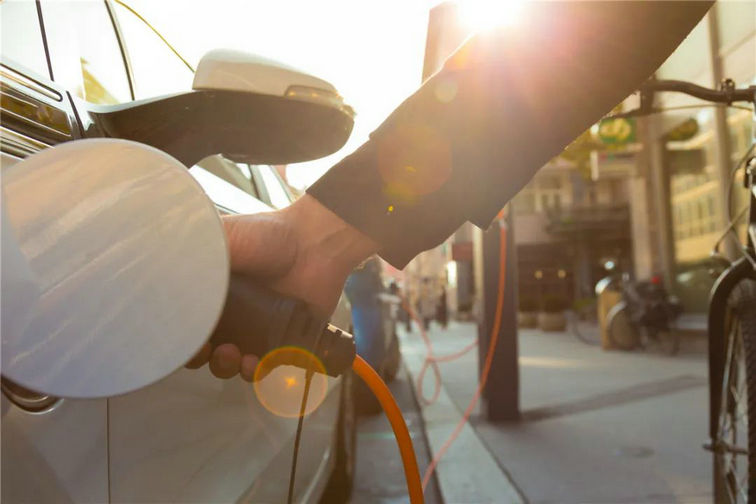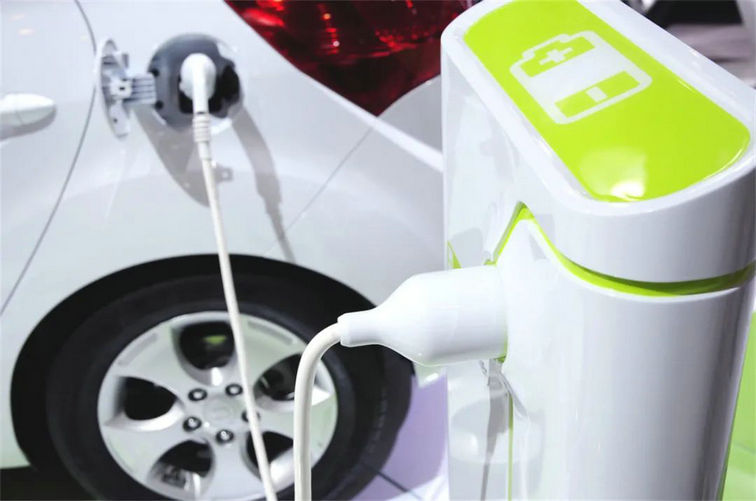| Who will compete in the electric vehicle era? |
| Release time:2022-12-27 16:34:11| Viewed: |
Who will compete in the electric vehicle era?
Who will dominate the future of the automobile industry has become a topic of great concern.
As the automobile industry gradually transits to the era of electric vehicles, Tesla, an emerging industry pioneer, quickly becomes a "trendsetter" in the era of electrification and a "hot spot" in the capital market. At present, Tesla firmly holds the position of the world's largest auto company in terms of market value, which "kills" Toyota and Volkswagen. However, in terms of sales volume, Volkswagen and Toyota will each sell 10-11 cars for every one Tesla sells in 2021. Despite this, Volkswagen and Toyota are still extremely anxious about the future. How they can still occupy the leading position in the industry in the era of electrification is their most concerned problem at present.
Coincidentally, Volkswagen and Toyota have recently released the latest electrification plans. The total investment of the two auto enterprises in this field will reach 170 billion US dollars (about 1.08 trillion yuan), hoping to catch up with Tesla in the electrification field.
"It can be seen that as the world's two largest car companies turn to electrification, the wave of electrification is unstoppable," said Andy Palmer, former CEO of Aston Martin and former executive of Nissan. Palmer once led the development of Nissan LEAF pure electric vehicle, so he was called "the father of Japanese electric vehicles". Parr's default is that the global car electrification will be faster than expected.
As we all know, Volkswagen Group owns 12 major brands including Volkswagen passenger cars, Audi, Porsche, Lamborghini, Scania, etc., and has 120 automobile manufacturing bases around the world with an annual output value of 280 billion US dollars (about 1.78 trillion yuan).
Recently, Volkswagen Group CEO Dis released the largest investment plan since he took office, that is, to invest 89 billion euros (about 644.8 billion yuan) in the next five years for electrification and related software development. At present, Volkswagen Group has successively launched the ID. series of new energy vehicles, Audi e-tron, Porsche Taycan and other luxury electric vehicles. "Volkswagen will accelerate the transformation process, which is more extensive than ever before," said Dis. In addition, in the era of "software defines cars", in addition to power electrification, the focus of competition between Volkswagen, Toyota and Tesla also includes the software field.
Unlike Volkswagen's focus on pure electric vehicles, Toyota has taken a diversified new energy vehicle development path. It has not only developed bZ4X electric SUV and other models, but also launched Mirai hydrogen fuel cell vehicles. "Facing the uncertainty of the future, we choose diversified electrification solutions," said Akio Toyoda, the head of Toyota.
Previously, Toyota had huge advantages in the field of hybrid power, but it was blank in the field of pure electric vehicles. Therefore, some investors and environmental organizations have criticized Toyota for its slow response in the field of electrification. Recently, Toyota released more than ten electric vehicles at one go, and these new models will be launched in succession from the middle of this year. To this end, Toyota will invest 4 trillion yen (about 221.1 billion yuan) to launch 30 electric vehicles by 2030, with an annual sales volume of 3.5 million, twice the target set by Toyota seven months ago.
While Volkswagen and Toyota are accelerating their electrification, Tesla is also expanding aggressively. In 2021, Tesla delivered 930000 electric vehicles worldwide, with a year-on-year growth of nearly 90%. Due to the strong demand, Tesla decided to invest in the expansion of the Shanghai factory. At present, the capacity of the Shanghai factory of 450000 vehicles can no longer meet Tesla's demand.
"China's future economic scale will be 2-3 times that of the United States." Tesla CEO Mask said in a recent interview with the Wall Street Journal that he is confident in the Chinese market. In addition, Tesla's other two super plants are also under construction, located in Austin, Texas, USA and Berlin, Germany respectively, and are expected to be put into production within the year.
Who can have the last laugh in the age of electrification? "Success in the field of electric vehicles depends not only on orders, but also on production capacity, supply chain system and cost advantages. Tesla has accumulated many advantages in these areas," said a report by Deutsche Bank. Of course, some analysts believe that Tesla's leading position may not be guaranteed as traditional car companies and other new car making enterprises accelerate their offensive.
The market research institute of Essence Huamai predicts that Tesla's share in the American electric vehicle market will drop from about 70% to 20% by 2025. Anna Besden, head of automotive research at Fitch International Consulting, said that traditional automobile enterprises have more competitive advantages in terms of scale, manufacturing experience and brand loyalty, and VW and Toyota's huge investment in the field of electrification is even more powerful. |





